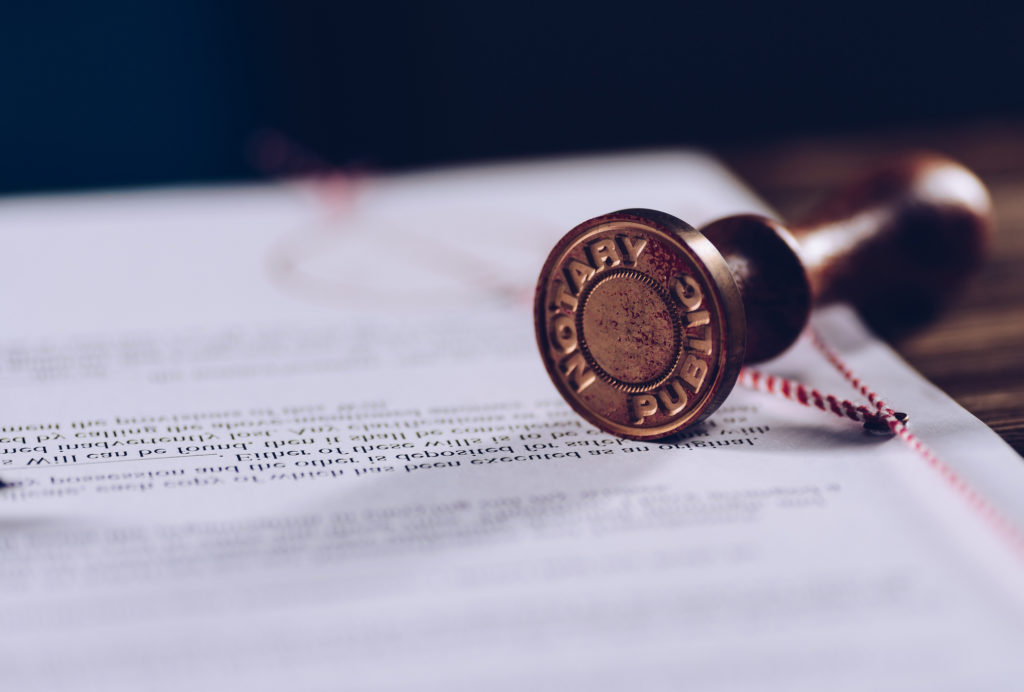DIRCO Laws Demystified: A Overview to Diplomatic Protocol
DIRCO Laws Demystified: A Overview to Diplomatic Protocol
Blog Article
Demystifying Notarial Job: Simplifying the Function and Importance of Notaries
Their function, frequently shrouded in mystery for numerous, brings substantial weight in making certain the validity and integrity of crucial records. By untangling the complexities dropping and surrounding notarial practices light on the importance of their acts, a more clear understanding arises of the essential duty notaries play in promoting the fabric of legal and legal contracts.
The Background of Notarial Work
Just how did notarial work progress in time to become an essential part of legal and business deals? The background of notarial job dates back to ancient people, where scribes played an essential duty in recording essential details and validating papers. As societies proceeded, the requirement for an extra formalized system to make sure the legitimacy of agreements arose. This led to the advancement of notaries, individuals designated by the state to serve as impartial witnesses in lawful matters.
Throughout the Middle Ages, notaries got prominence in Europe, with their features broadening to consist of composing legal files, accrediting trademarks, and preserving records. The rise of global trade better stressed the significance of notarial work in confirming agreements and arrangements throughout boundaries.
In the modern age, notaries remain to play a vital role in legal and service deals by confirming identities, confirming the authenticity of records, and protecting against scams. Their role in licensing the validity of arrangements includes a layer of safety and security and depend the ever-evolving landscape of business and law.

Responsibilities and Responsibilities of Notaries
The historical development of notarial job from ancient people to the modern era has shaped the unique obligations and responsibilities that notaries support in lawful and service purchases today. Notaries play a crucial function in confirming the credibility of documents and the identity of notaries. Among their key duties is to witness the signing of vital documents, such as wills, contracts, and acts, to make certain that all parties are participating in agreements intentionally and voluntarily. Notaries likewise validate that signatories are of audio mind and not under pressure or browbeating.
They certify duplicates of initial records, giving guarantee to establishments that the copies are true replicas of the originals. Generally, the obligations and obligations of notaries are necessary in protecting the integrity and legality of numerous documents and deals - Notary.
Notarial Certificates and Signatures
Exhibiting precise interest to detail, notarial certifications and signatures function as crucial parts in verifying the credibility of legal documents. Notarial certificates commonly consist of crucial information such as the day of registration, the names of the signatories, a description of the document, and the notary's official seal. These certifications supply a clear document of the notarial act, making sure that the paper can be quickly recognized and mapped back to the notary who managed the process.
Signatures play a critical duty in notarial work, as they signify the contract and permission of the celebrations entailed. Notaries very carefully witness the signing of files to validate the identification of the signatures and verify that they are authorizing of their own totally free will. By attaching their official seal and signature to the record, notaries license that the essential treatments have actually been adhered to and that the file is valid and enforceable.
Essentially, notarial certifications and trademarks are the hallmark of credibility try this in lawful deals, giving assurance to all events included that the files are legitimate and binding.
Relevance of Notarial Acts

Notarization Refine Described
The registration process usually begins with the specific providing the paper to a notary public. As soon as the identity is confirmed, the notary guarantees that the individual signing the record does so voluntarily and without any type of threat.

Conclusion

Notarial certifications commonly include critical details such as the date of registration, the names of the signatories, a description of the file, and the notary's main seal. These certificates give a clear document of the notarial act, guaranteeing that the paper can be conveniently recognized and mapped back to the notary that looked after the procedure.
By Continued fastening their official seal and trademark to the paper, notaries certify that the necessary treatments have been complied with and that the record is enforceable and legitimate.
By confirming the identity of the signatures, validating their desire to get in into the contract, and certifying the date and area of the finalizing, notaries play a crucial function in supporting the legitimacy of legal papers.After the file is signed, the notary will certainly attach their main seal or stamp onto the record.
Report this page